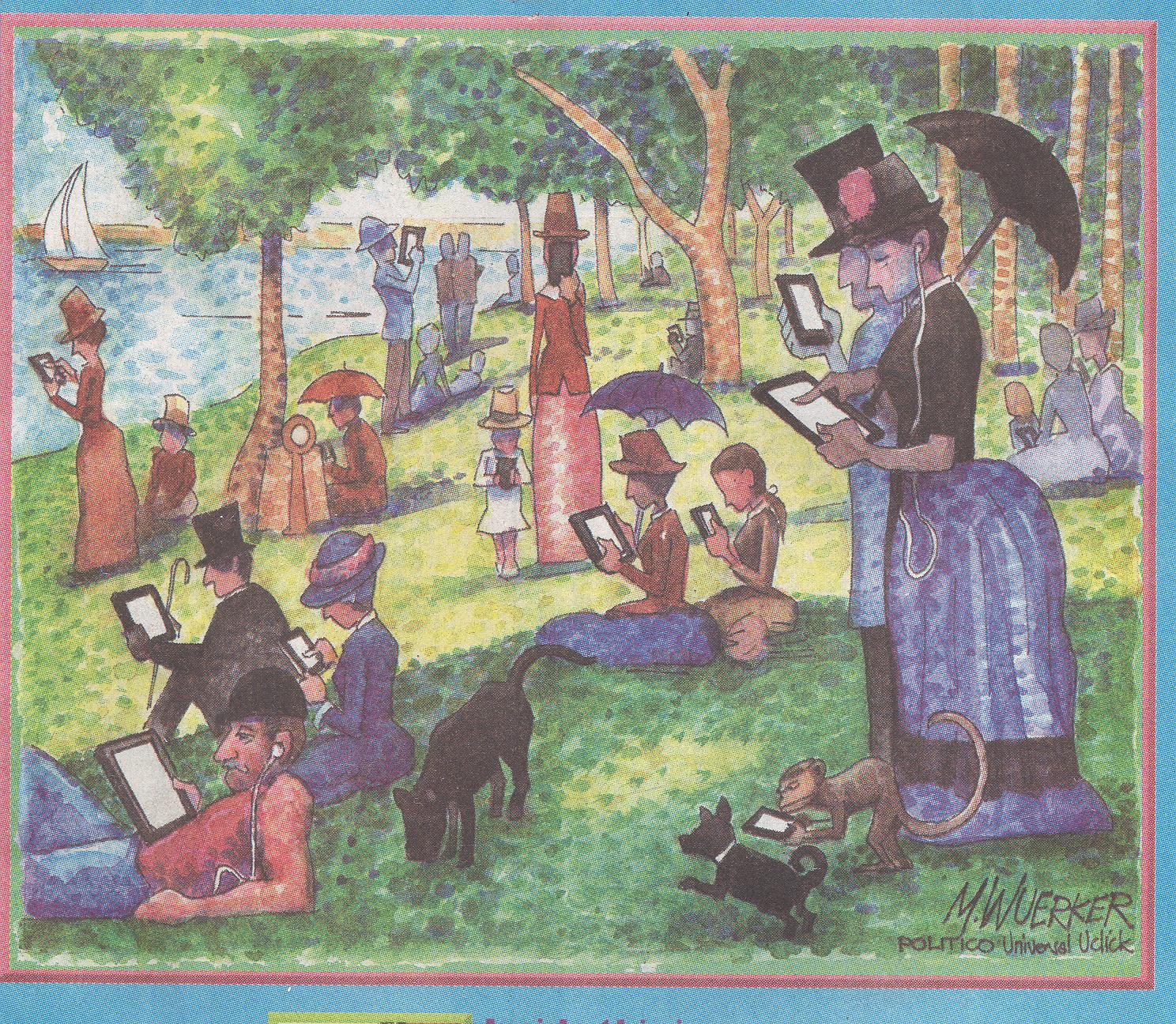- Name (that you want me to call you)
- Hometown
- What is your calling? ("a calling has to do with one's larger purpose, personhood, deepest values, and the gift one wishes to give the world.... A calling is about the use one makes of a career." David Orr, Earth in Mind)
- What is your dream job?
- What is something special about you?
- Projects will be relatively wide open. You may want to find a partner to work with (at most two -- no groups of three).
- You should find some aspect of discrete math that you want to pursue (perhaps one that we don't study in detail, perhaps one you are particularly interested in that we DO study).
- You'll be writing these up to put on a wiki.
- Start early, finish early! It's due the week before finals.
- Talk to me about what you'd like to do; I'm sure that together we can make it work. I want your project to be about something that you're interested in....
- More about this as we go along.
We will be covering portions of the following chapters (7th edition):
- Chapter 1: Logic
- strip away meaning in order to concentrate on form
- translate English into the symbolism of logic (formalize what is often left imprecise)
- logical reasoning cannot help but stand you in good stead
- Chapter 2: Proofs and induction
- Direct versus indirect proofs, especially for proving logical arguments (from chapter 1).
- Mathematical induction, leading to recursion.
- Chapter 3: Recursion, Recurrence relations, and Analysis of Algorithms
- Recursion: do it, again, and again, and again, ....
- Determining the quality of algorithms, by recursion.
- Chapter 4: Sets
- Elementary aspects of set theory
- Counting elements of sets: why some infinities are bigger than others.
- The similarity between logic and set theory will be more apparent later
- Chapter 6: Graphs and Trees
- Graphs and Trees capture information in many different contexts (e.g. a family tree, a unix file system)
- How can we manipulate, store, and access information stored in a graph?
- Chapter 7: Graph algorithms
- shortest path, minimal spanning tree, traversals, etc.
- Constructing optimal graphs
- Chapter 8: Boolean Algebras and Computer Logic
- Operations in logic and set theory are specific cases of Boolean Algebras
- There is a nice correspondence between boolean expressions, truth functions (or tables), and logic networks (which carry out logical functions for technological applications)
- We simplify, or optimize, logic networks
- Binary arithmetic is a particular special application of this section
- Chapter 9: Finite State Machines
- Regular expressions
- We build machines that recognize expressions (strings of characters), and optimize the machines.


I have instituted the "Class Agreement" (which I'll have you sign, if you want to stay in my section).

I thought that we might begin with some historical logic: that of Lewis Carroll's unusual "logic game". Contemporaneous with John Venn, he created his own system for solving logic problems.
- Charles Dodgson (Carroll's mathematical alter ego, and creator)
considered symbolic logic "as an entertainment for
children to develop their powers of logical thought."
- Elements of The Game of Logic
- Fundamentals:
- The universe: The set of all objects under discussion
- Proposition: a statement with truth value about the objects in the universe
- A syllogism: a group of statements (called
propositions, or premisses) that lead to
a conclusion
An example syllogism:
- Babies are crazy;
- Crazy people should be in an asylum.
What is the logical conclusion, assuming that the premises are true?
The method: eliminating the common term
So, in the baby example, the common term "crazy" is eliminated, and we arrive at the obvious conclusion:
- Babies should be in an asylum.
- Here's a classic: the syllogism is
Aristotle is a man. All men are mortal. Conclusion: Aristotle is mortal.
- Three types of propositions:
- Some cakes are nice.
- No cakes are nice.
- All cakes are nice.
Some statements come with "implied quantifiers" (real speech can be very irritating that way!): for example, in the example above, "Babies are crazy" should be interpreted to mean "All babies are crazy." There's an implied universal ("all") quantifier.
Other statements need to be re-written to look like our three types of propositions: e.g. "None but the brave deserve the fair" is re-written as "No not-brave persons are persons that deserve the fair."
- We are often called upon to negate statements, and
must know how to move between types of statements
(e.g. "not(Some cakes are nice)" is the same logically as "No
cakes are nice", for example).
- A little more on the historical side:
- Here's another example from Lewis Carroll,
written out by Carroll himself:
"That story of yours, about your once meeting the sea-serpent, always sets me off yawning; I never yawn, unless when I'm listening to something totally devoid of interest."
Conclusion: That story of yours, about your once meeting the sea-serpent, is totally devoid of interest.
We'll turn these into implications, and use a technique known as "hypothetical syllogism" to reach that conclusion (section 1.2).
- Let me share with you some more "historical logic": this
is a fun one (the
dilemma of Protagoras and Eualthus)
The story reminds me of a poem by A. E. Housman: The Laws of God, The Laws of Man. The reason that the story of Protagoras and Eualthus is a dilemma, a paradox, or a quandary, is that there are two different systems of laws operating.
- Here's another example from Lewis Carroll,
written out by Carroll himself:
- Fundamentals:
- More detail on Lewis Carroll's logic game
- A description with an applet to play the game yourself
-
From Carroll's introduction to The Game of Logic:
Besides the nine Counters, it also requires one Player, AT LEAST.
I am not aware of any Game that can be played with LESS than this
number: while there are several that require MORE: take Cricket,
for instance, which requires twenty-two. How much easier it is,
when you want to play a Game, to find ONE Player than twenty-two.
At the same time, though one Player is enough, a good deal more
amusement may be got by two working at it together, and correcting
each other's mistakes.
- Paradoxes are fun! Evidently Eubulides was the master of them.